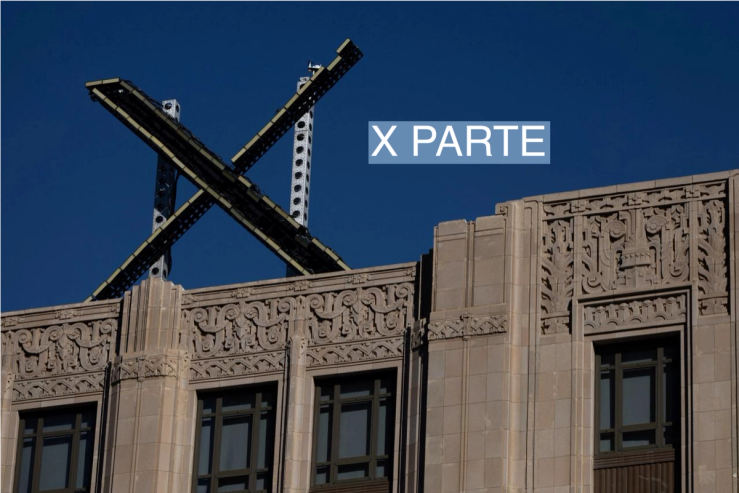The News
Twitter, which owner Elon Musk has rebranded as X, sued a nonprofit that tracks online hate speech and has been critical of Musk’s leadership.
We’ve curated reporting and analysis on how the feud between Twitter and the Center for Countering Digital Hate reflects the politicization of combatting hate speech.
Know More
The lawsuit, filed Monday in federal court, accuses the CCDH of illegally scraping data from Twitter to generate reports that aim to drive advertisers away. It also claims the U.K.-based nonprofit improperly accessed information and data about Twitter from a third-party brand monitoring company.
The suit followed a July 20 letter in which lawyers for Twitter said the organization “made a series of troubling and baseless claims that appear calculated to harm Twitter generally.”
The central point of contention stems from a June 1 CCDH post which stated that Twitter “fails to act on 99% of hate posted by Twitter Blue subscribers.” It suggested that the platform “is even algorithmically boosting their toxic tweets.”
That figure was cited in a study in which the CCDH reported 100 hateful tweets, and checked four days later to find that only one of the tweets had been removed.
A lawyer for CCDH stood by its work in a letter responding to Twitter. “Simply put, there is no bona fide legal grievance here. Your effort to wield that threat anyway, on a law firm’s letterhead, is a transparent attempt to silence honest criticism,” the letter said.
Insights
- Twitter claimed the CCDH uses flawed methodologies and cherry-picks data to pass their studies off as legitimate research. The company’s lawyers also suggested, without providing evidence, that CCDH is funded by Twitter’s competitors “as well as government entities and their affiliates.”
- The focus on advertisers in Twitter’s letter and lawsuit is a sign of the strained relationship between the platform and many of the companies it relies on for revenue. Musk said in mid-July that ad revenue is down 50%. The lawsuit states that at least eight companies paused their spending on Twitter ads in June and July based on the CCDH’s articles.
- After Musk pledged to make Twitter a bastion for “free speech,” instances of hate speech rose sharply, according to several studies from groups like the CCDH, the Anti-Defamation League, and independent academics. Critics argued Monday that it was hypocritical for Musk to go after the group’s research while claiming to be pro-free speech.
- Musk has gone after the CCDH before. Earlier this month, after it was revealed that the group’s 2021 report led Twitter to take action against accounts spreading vaccine misinformation, Musk called CCDH’s CEO Imran Ahmed a “rat.” Twitter threatened legal action against the group two days later.
- Left-leaning politicians reacted to the news with calls for governments to increase oversight of social media platforms and protect groups that research hate speech. British Member of Parliament Lucy Powell urged the U.K. to pass the Online Safety Bill “so powerful platforms don’t act on the whims of one man.” U.S. Rep. Sean Casten said his office would help protect those who research hate speech on social media.
- The ordeal shows how the discourse around combatting hate speech has become increasingly polarized and politicized. Other groups, like the Southern Poverty Law Center, have faced criticism in recent years from conservatives who say they unfairly label mainstream, right-leaning causes as hateful.


